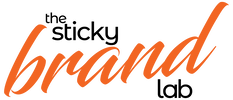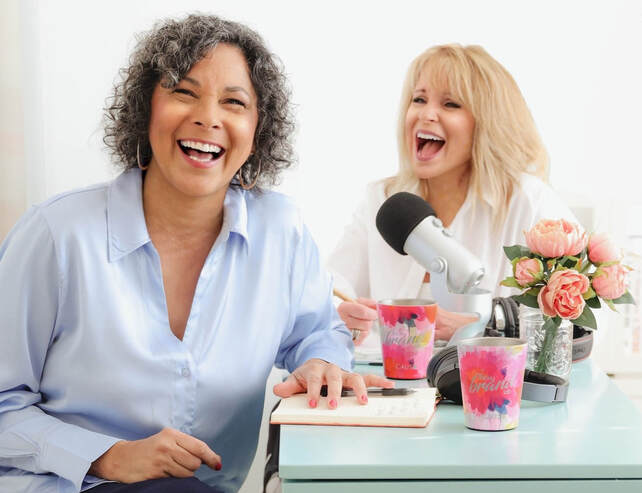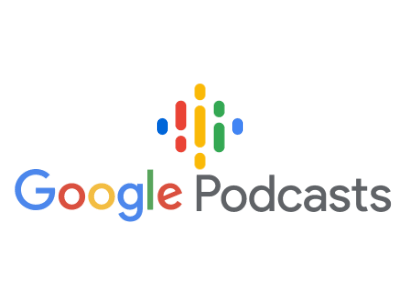The Sticky Brand Lab Podcast
Empowerment for professional women who are ready to call themselves an entrepreneur!
Small steps. Big wins.
Bursting with humor, optimism, and real-world experience, each weekly, engaging episode provides you with small actionable steps for building a profitable side business. Come be a part of our safe, judgement-free, diverse community of like-minded entrepreneurial seekers.
"Love the Sticky Brand Lab!
[The podcast] provided me so much insight as I began to build my new business!"
~Jessica Kersey Rodriguez, Founder, Cloud 9 Nonprofit Advisors (www.thrivewithcloud9.com)
[The podcast] provided me so much insight as I began to build my new business!"
~Jessica Kersey Rodriguez, Founder, Cloud 9 Nonprofit Advisors (www.thrivewithcloud9.com)







 RSS Feed
RSS Feed